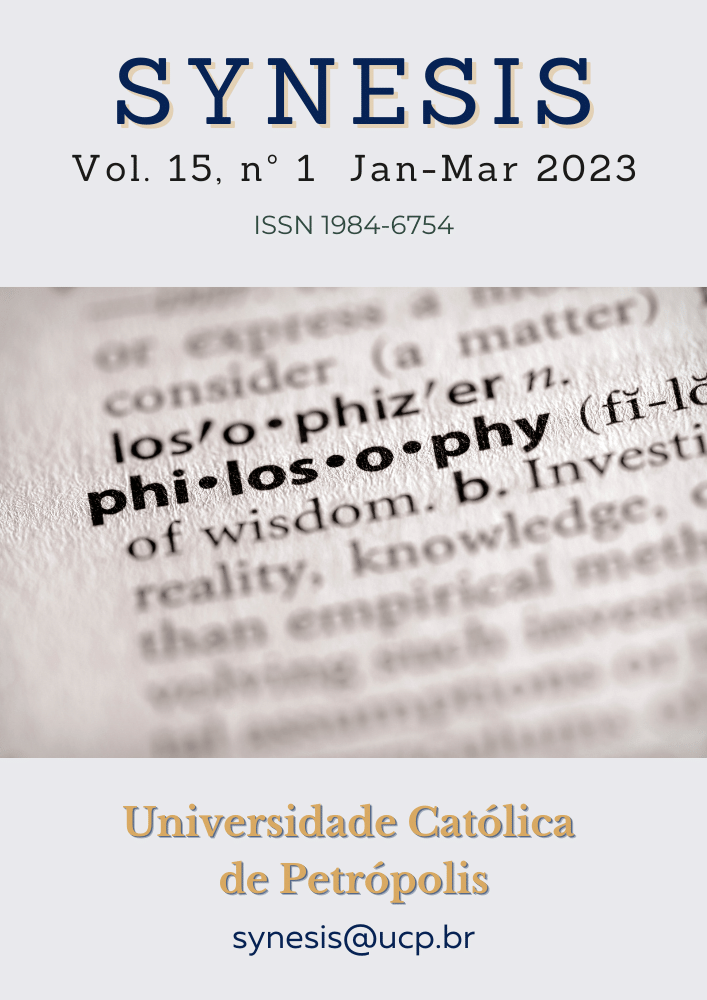Abstract
Gadget addiction in society is a problem that deserves attention. Although these gadgets have a positive impact on individuals, gadgets are an effective medium of communication between two distant parties, especially when the world is in the post-CoVID-19 epidemic. Gadgets such as laptops or smartphones are especially important for those who work from home or students who study from home to prevent two-way communication from continuing as usual. Ironically, gadgets can also have negative effects when individuals become addicted to gadgets, such as affecting health and emotions. The role of al-Aql plays an important aspect, especially as a foundation that needs to be taken care of to deal with gadget addiction. This article paper has two main objectives. First, to explain the factors of addiction to gadgets in society. Second, to apply the addiction problem according to the concept of al-Aql in Islam towards gadget addiction. In order to achieve these objectives, the documentation method is carried out. The data is collected and analyzed based on content analysis to apply solutions to addiction according to Islam to the problem of gadget addiction. This study found three main factors of gadget addiction: gadgets addiction because of the influence of social media., the internet is easily accessible, and parental neglect of children. At the same time, there are three main solutions to gadget addiction, according to Islam. First, limit the use of gadgets, control social media based on Islam and enhance spiritual filling.
References
Ahlam, M.M.R. & Aini, Z. (2018), Pencapaian Internet dalam Kalangan Remaja Islam. At-Tahkim. 8(5). 23-45.
Al-Faris, E. (2016). Islam and the Digital Age: Ethics, Policy, and Governance. London: Routledge.
Al-Munajjid, S. (2013). Technology and the effects on the Islamic personality. Journal of Islamic Education and Research, 2(2), 29-39.
Al-Sudais, S. (2019). The Islamic Perspective on the Use of Technology. Journal of Islamic Education and Research, 2(2), 29-39.
Azmi, M., Rafiuddin, M., Sasikumar, K., Sfar, A. (2019). “Media Sosial dan Generasi Muda Menurut Islam” in Jasmi, Kamarul Azmi (Ed.), Prosiding Seminar Sains Teknologi dan Manusia 2019 (SSTM’19) pada 15hb. Disember 2019 di DP3, N29, Fakulti Kejuteraan Kimia dan Tenaga, UTM. Program anjuran Akademi Tamadun Islam, FSSK, UTM.
Chau, J., Cheung, C., & Lee, J. (2019). The effects of smartphone use on physical and mental health: A systematic review. Journal of Behavioral Addictions, 8(4), 492-505.
Embong, A. H., Rahman, A. H. A., Kadir, F. K. A., Salamun, H., Khairuldin, W. M. K. F. W., Shahrani, S. S., & Karim, M. R. A. (2022). A research design based on the framework of tafseer al-fiqhiy (quranic juristic commentary). Academic Journal of Interdisciplinary Studies, 11(2), 391-402
Fazree, S.D.M & Zakaria, S.M. (2018), Kesan Penggunaan Gajet kepada Perkembangan Kognitif dan Sosial Kanak-Kanak Prasekolah, Jurnal Wacana Sarjana, 2(4), 1-6.
Feng, D. (2011). Effects of TV in the bedroomon young Hispanic children. American Journal of Health Promotion. 2011 May-Jun. 25(5), 310-8.
Forouzan, B.A & Fegan, S.C. (2003). Data Communication and Networking. New York: McGraw-Hill
Hashim, N. & Razali, A. (2019).Teknologi dan Media Sosial dalam Komunikasi Ibu Bapa dan Anak-Anak, Malaysian Journal of Communication, 35(8). 12-23.
Jabar, B.H.A. (2019). Taasub Gajet Makin Menghakis Nilai Murni, https://www.bharian.com.my/kolumnis/2019/12/641833/taasub-gajet-makin-menghakis-nilai-murni. Access on 10th January 2021.
Khairuldin, W. M. K. F. W., Anas, W. N. I. W. N., Mohamad, M. Z., Embong, A. H., & Mokhtar, W. K. A. W. (2021). The role of prophet muhammad s.a.w in educating children and its applications to prevent gadget addiction among children. International Journal of Early Childhood Special Education, 13(2), 718-722.
Khairuldin, W. M. K. F. W., Anas, W. N. I. W. N., Umar, R., Kamarudin, M. K. A., & Embong, A. H. (2022). Ethical issues in academic authorship: A study on group writing. Academic Journal of Interdisciplinary Studies, 11(1), 226-231. doi:10.36941/ajis-2022-0020
Krippendorff, K.(2004). Content Analysis:An Introduction to Its Methodology(2nd ed).Thousand Oaks,CA:Sage.
Lee, J., Kim, Y., & Park, E. (2018). The impact of smartphone use on college students' academic performance. Journal of Educational Technology Development and Exchange, 11(1), 1-15.
Mansor, S.N. (2020), Kesan Permainan Video terhadap Perkembangan Kanak-Kanak, BITARA International Journal of Civilizational Studies and Human Sciences, 3(1). 1-8.
Nahar, N., Sangi, S., Salvam, D., Rosli, N. & Abdullah, A.H. (2017). Impak Negatif Teknologi Moden dalam Kehidupan dan Perkembangan Kanak-Kaak hingga Usia Remaja, International Journal of Islamic and Civilizational Studies. 01. 87-99.
Omar, A. , Sedon, M.F. & Khairuddin, K.A.. (2014). Komunikasi Digital Melalui Seni Arca, Prosiding Konferens: 1st International Conference on Creative Media, Design & Technology (REKA2014).
Omar, S. & Latip, M. (2015). Pengaruh Peranti Teknologi Kepada Perkembangan Sosial Dan Permasalahan Kesihatan Kanak-Kanak. 1-12.
Parzi. M.N. (2019). Pengaruh Gajet terhdap Kanak-Kanak Membimbangkan. bharian.com.my, Access on 14th Januariy2021.
Shuhari, M. H., Hamat, M. F., Zin, E. I. E. W., Wahab, M. R., & Rozali, M. H. (2020). Relationship between al-asma’ al-husna and al-sidq according to al-ghazali’s perspective in al-maqsad al-asna. [Hubungan al-asma’ al-husna dengan al-sidq perspektif al-ghazali berdasarkan al-maqsad al-asna] Afkar, 22(1), 35-72.
Van der Lely, S. , Frey, S. , Garbazza, C. , Wirz‐Justice, A. , Jenni, O. G. , Steiner, R. , & Schmidt, C. (2015). Blue blocker glasses as a countermeasure for alerting effects of evening light‐emitting diode screen exposure in male teenagers. Journal of Adolescent Health, 56(1), 113–119.
Yusof, R. (2004), Penyelidikan Sains Sosial,Selangor: PTS Publication dan Distributors.
Yusoff, Z. M., Muda, F. M., Daud, N., Firdaus, W. M. K., Salleh, S. F., Ali, R. M., & Nawi, F. A. M. (2019). Ethics of punishment execution against offenders in islamic criminal laws. Journal of Legal, Ethical and Regulatory Issues, 22(Special Issue 1), 1-6.

This work is licensed under a Creative Commons Attribution-NonCommercial-NoDerivatives 4.0 International License.
Copyright (c) 2023 Synesis (ISSN 1984-6754)

